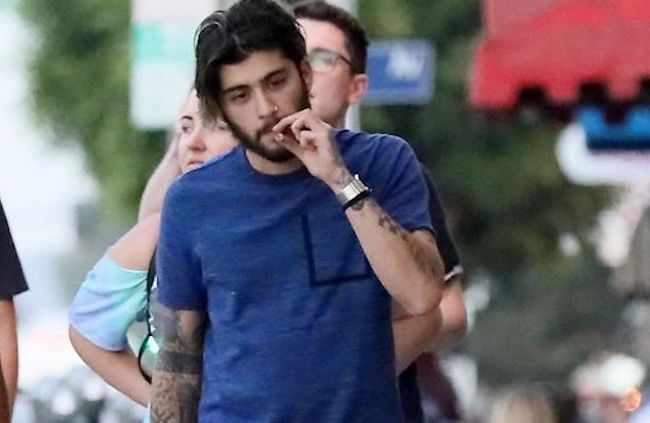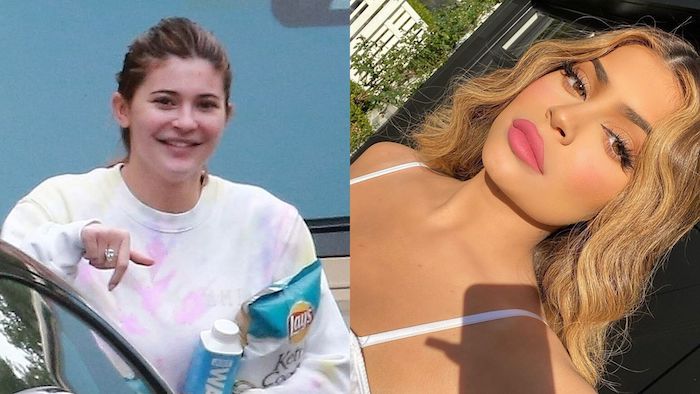
Casinos have always chased attention. From flashing lights to million-dollar jackpots, the industry thrives on being seen. But lately, the spotlight has shifted from traditional ads to personalities who already own that attention — influencers. Whether it’s a Twitch streamer spinning reels or a YouTuber showing off poker strategies, influencer marketing is fast becoming the new table everyone wants a seat at.
The rise of online gambling, driven by growth in real money Canada, has opened the door for casinos to meet audiences where they already spend their time: social media. Influencers can bridge the gap between gaming entertainment and real wagering, making casino content more relatable and less intimidating. That personal connection is what drives engagement and, ultimately, deposits.
Why Casinos Are Betting on Influencers
Advertising restrictions make it hard for casinos to promote directly on mainstream platforms. Many countries have strict guidelines on gambling promotion, and ad blockers cut off even more reach. Influencers, however, operate in a more flexible space. They already have communities that trust them, so when they showcase a gaming experience, it feels natural instead of forced.
In 2024, global spending on influencer marketing surpassed $20 billion, and gaming brands were among the fastest-growing investors. Casinos have noticed. Platforms like Stake partnered with global stars such as Drake, who streamed massive bets live to millions of viewers. Even smaller casino brands now collaborate with micro-influencers in niche gaming circles — poker, blackjack, slots — where authenticity matters more than celebrity.
Short real-world examples show how major names boost visibility: in 2018, Zlatan Ibrahimović became both ambassador and co-owner of Bethard, while Conor McGregor joined Parimatch in 2019, fronting a bold campaign across Europe and the CIS. Both collaborations blurred the line between endorsement and partnership, helping brands look more personal and ambitious.
The Psychology Behind the Trend
Influencers don’t sell a product; they sell belonging. Watching someone play isn’t about the outcome — it’s about the shared excitement, the jokes, the suspense. For casinos, this emotional engagement is gold. It transforms gambling from a solitary act into a social event.
A study by the UK Gambling Commission found that 26% of people aged 18–24 follow at least one gambling-related influencer. This group is highly responsive to relatable figures rather than corporate voices. The same report noted that influencer-led casino streams generated higher average retention times than standard ads.
What Works in Influencer Campaigns
Casinos that succeed in this space treat influencers as creative partners, not billboards. The most effective collaborations usually follow a few key principles:
- Transparency builds trust. Viewers should know it’s a paid partnership. Hidden ads can backfire and damage both reputations.
- Entertainment first. The focus should be on fun, not aggressive promotion. Audiences connect better when influencers seem genuinely engaged.
- Responsible gaming messages. Smart campaigns mix excitement with education — showing limits, cool-down features, and safer play options.
These rules not only protect the brand but also make the content more sustainable long-term.
Metrics That Matter
Casinos have moved beyond vanity numbers. Instead of chasing views, they now measure performance through engagement quality and conversion value. Here’s what marketers track most often:
- Click-through rate (CTR): How many viewers follow links to sign up or explore promotions.
- Deposit conversions: How influencer content translates into actual gameplay or account funding.
- Audience overlap: Ensuring the influencer’s followers match the target demographic — age, location, and gambling regulations.
Campaigns that align with these data points tend to perform up to 40% better than traditional paid ads, according to iGaming analytics from 2023.

Ethical Lines and Legal Limits
The success of influencer marketing has also triggered stricter oversight. Several European countries now require influencers to flag gambling content clearly and verify that their followers are of legal age. Spain and Italy have even banned celebrity endorsements of betting platforms altogether.
For casino marketers, that means extra steps: vetting influencer audiences, setting clear age gates, and ensuring transparent agreements. Compliance is no longer optional — it’s part of reputation management. A misstep can lead to fines, content removal, or permanent bans from platforms.
Choosing the Right Influencer
Selecting a partner is more art than math. It’s not just about follower counts. The best collaborations come from creators whose tone and style align with the casino’s image. A high-energy Twitch streamer might fit a sportsbook, while a calm, strategy-focused YouTuber could elevate a poker platform.
Before any deal, brands usually run a detailed audit:
- Engagement rate over the last 90 days
- Content sentiment and comment quality
- Prior partnerships and reputation
- Audience geography and age verification
This process helps avoid mismatches and ensures both sides share compatible values.
The Social Casino Boom
Beyond real-money platforms, social casinos and free-play apps have jumped into influencer marketing too. These brands target casual gamers who enjoy casino mechanics without financial risk. The campaigns often feel lighter and more entertainment-driven, appealing to mainstream gaming culture.
As a result, influencers can showcase gameplay highlights, host giveaways, and invite followers to join private tournaments — all within community guidelines. This format often performs better than cold promotions because it feels like shared fun rather than a transaction.
Influencer marketing has changed how gambling meets entertainment. When done with creativity and responsibility, it’s a bet that pays off.





